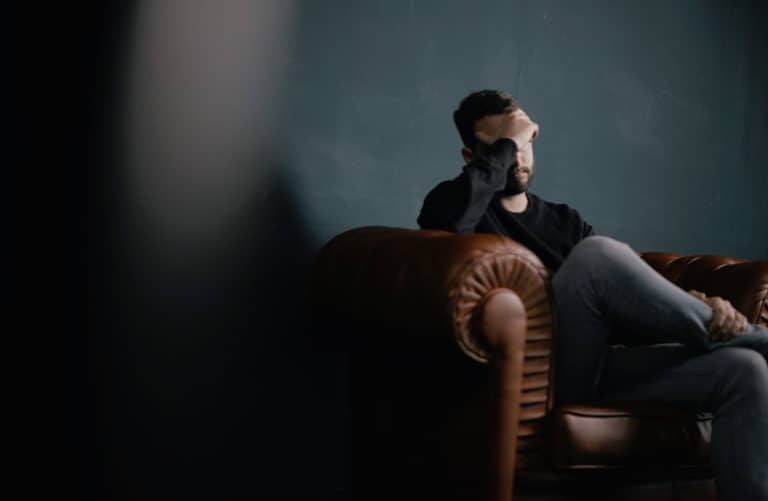Men who take finasteride (Propecia, Proscar) to treat male pattern hair loss may also experience reduced libido, bouts of erectile dysfunction, and other sexual problems, according to a George Washington University School of Medicine and Health study on the side effects of finasteride. These sexual adverse effects can continue for months, even years, after men stop taking the drug.
Investigators at George Washington University evaluated 71 men aged 21 to 46 for finasteride side effects who were in otherwise good health, and who were taking the drug to treat male pattern hair loss. Once they began taking the medication, the men reported that they experienced a variety of sexual problems; for example, 94% said they had low libido, 92% developed erectile dysfunction, 92% reported reduced sexual arousal, and 69% had difficulties with orgasm.
These sexual problems persisted even after the men stopped taking finasteride. According to Dr. Michael Irwig, assistant professor of medicine at George Washington, “this is the first series to find that symptoms persisted for at least three months despite stopping finasteride.”
In fact, while the men reported using finasteride for an average of 28 months, they also said the sexual side effects of finasteride continued for an average of 40 months once they stopped taking the drug. Dr. Irwig emphasized that “the study underscores the importance of physicians, who are treating male pattern hair loss, discussing the potential risk of persistent sexual side effects with their patients.”
Finasteride belongs to a class of drugs called 5-alpha reductase inhibitors, and is used both to treat hair loss and symptoms of benign prostatic hyperplasia (BPH). Finasteride inhibits an enzyme that converts testosterone into dihydrotestosterone (DHT), a hormone that stops hair growth and that also promotes enlargement of the prostate.
Reference
Irwig MS, Kolukula S. Persistent sexual side effects of finasteride for male pattern hair loss. Journal of Sexual Medicine 2011 Jun; 8(6): 1747-53







